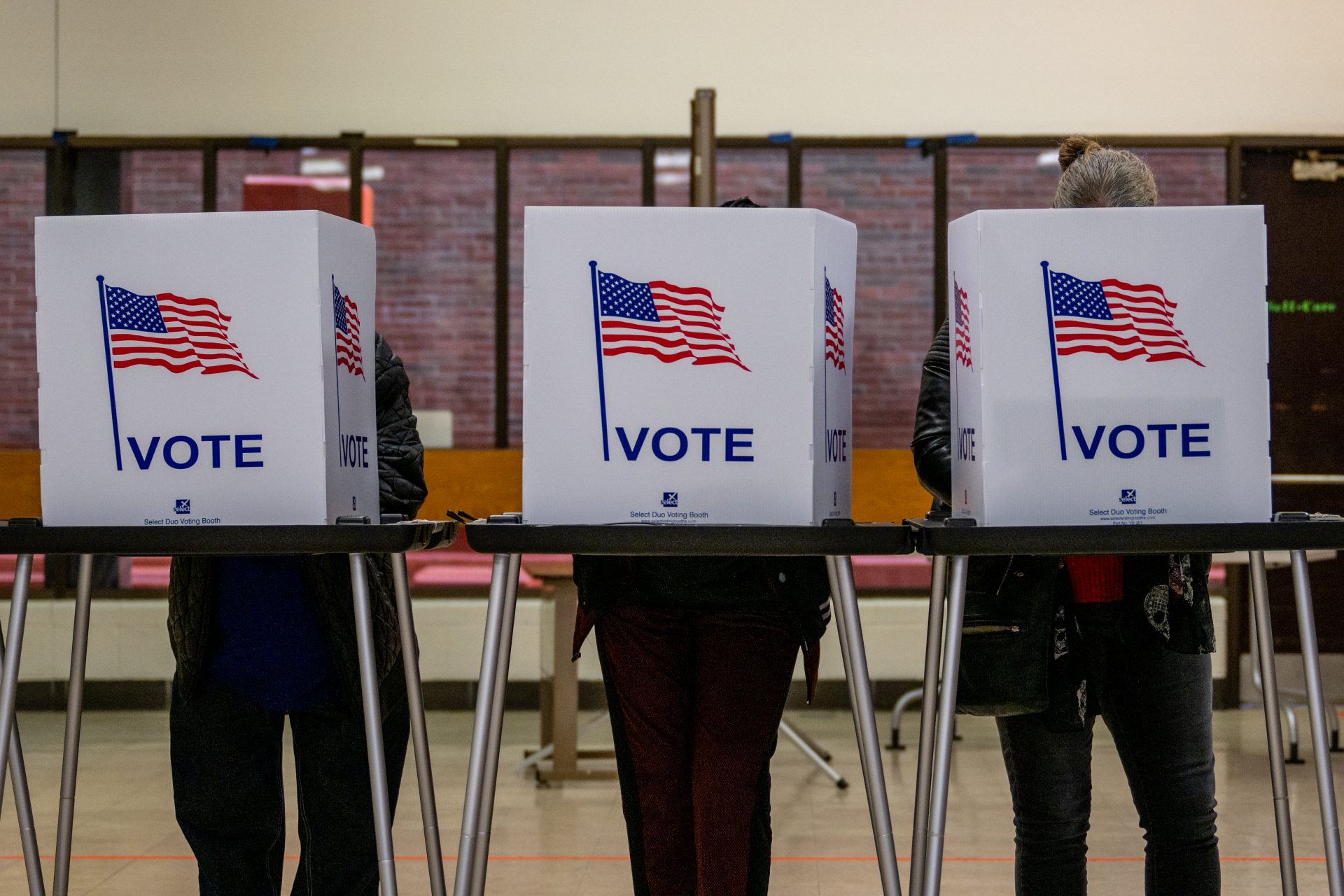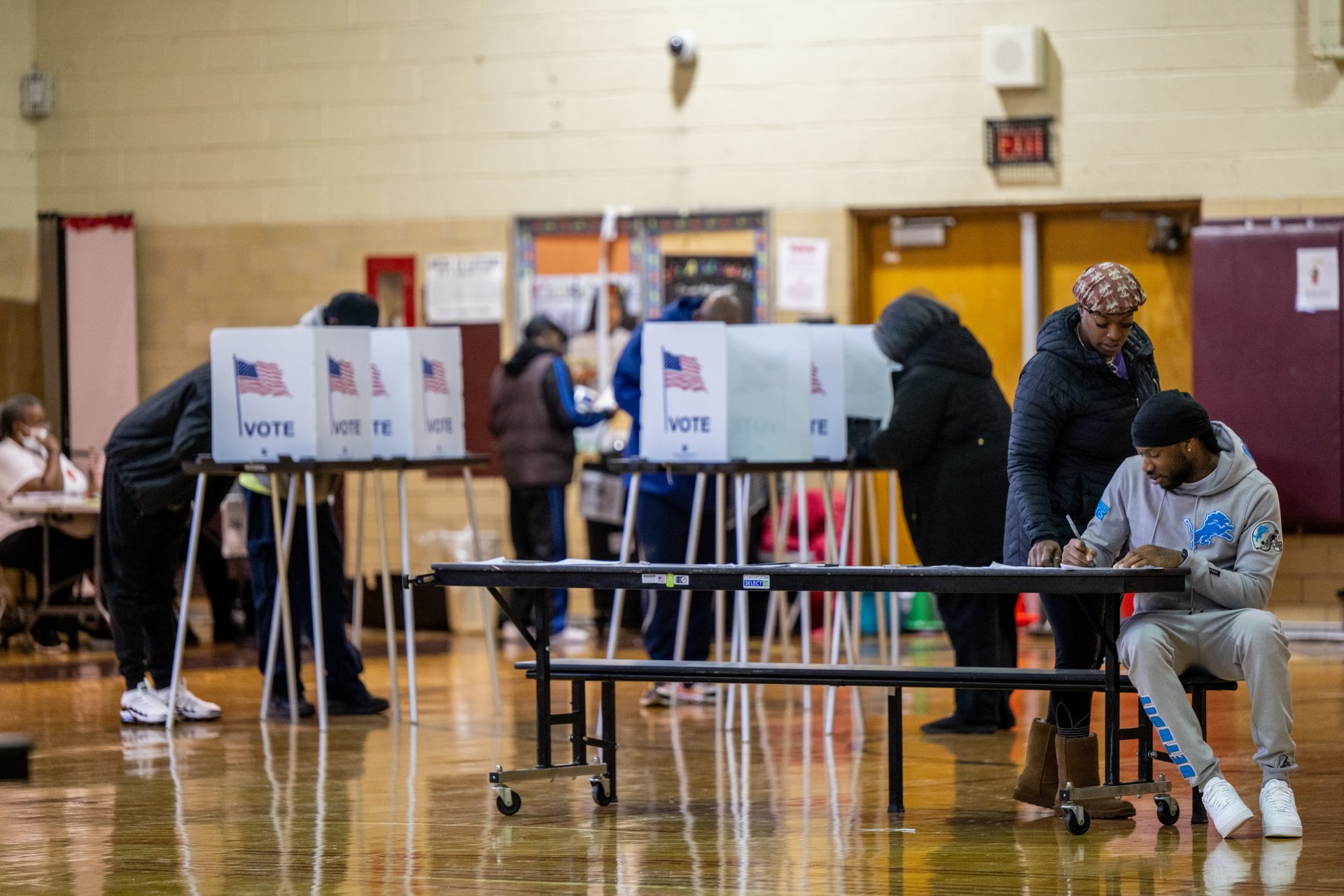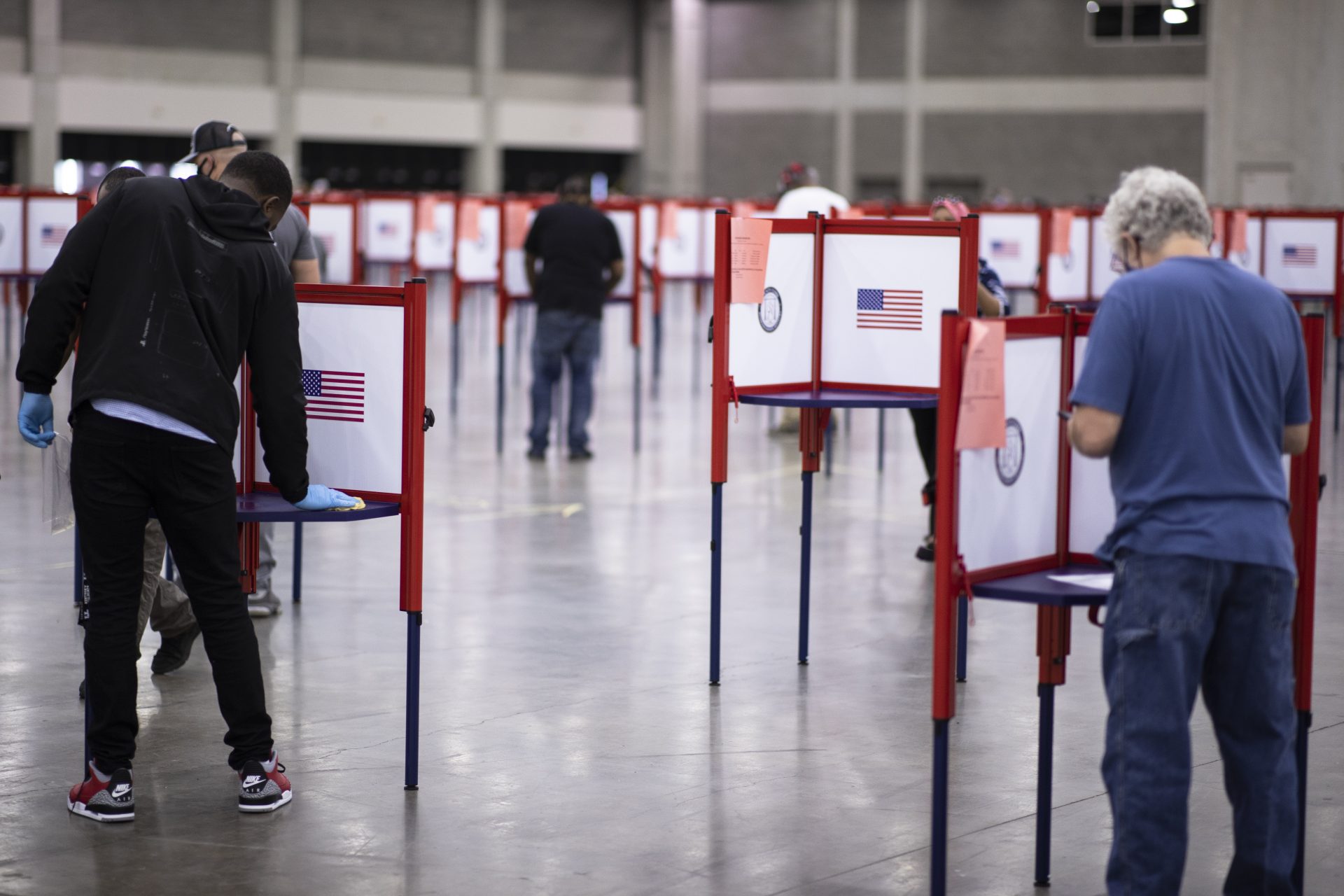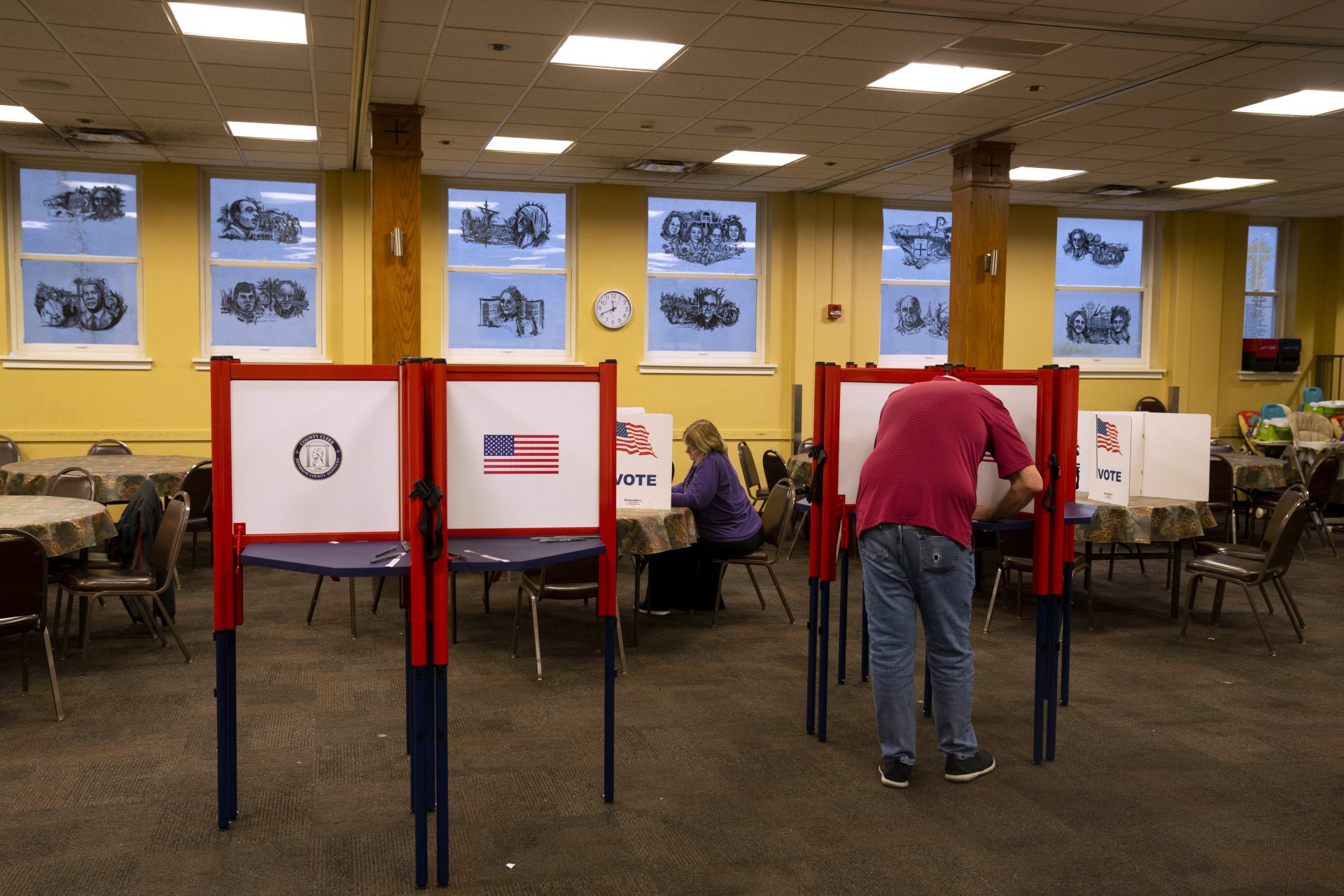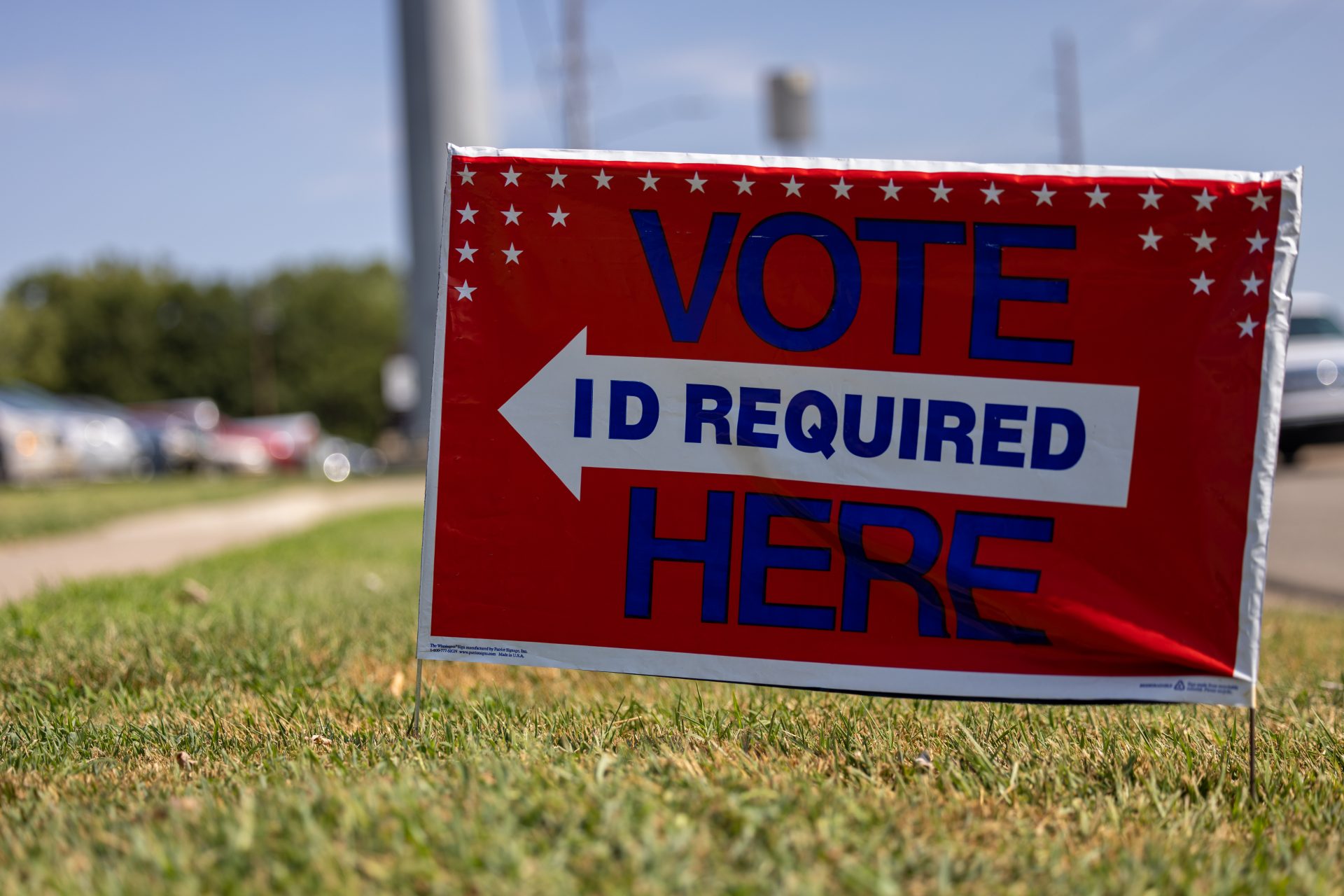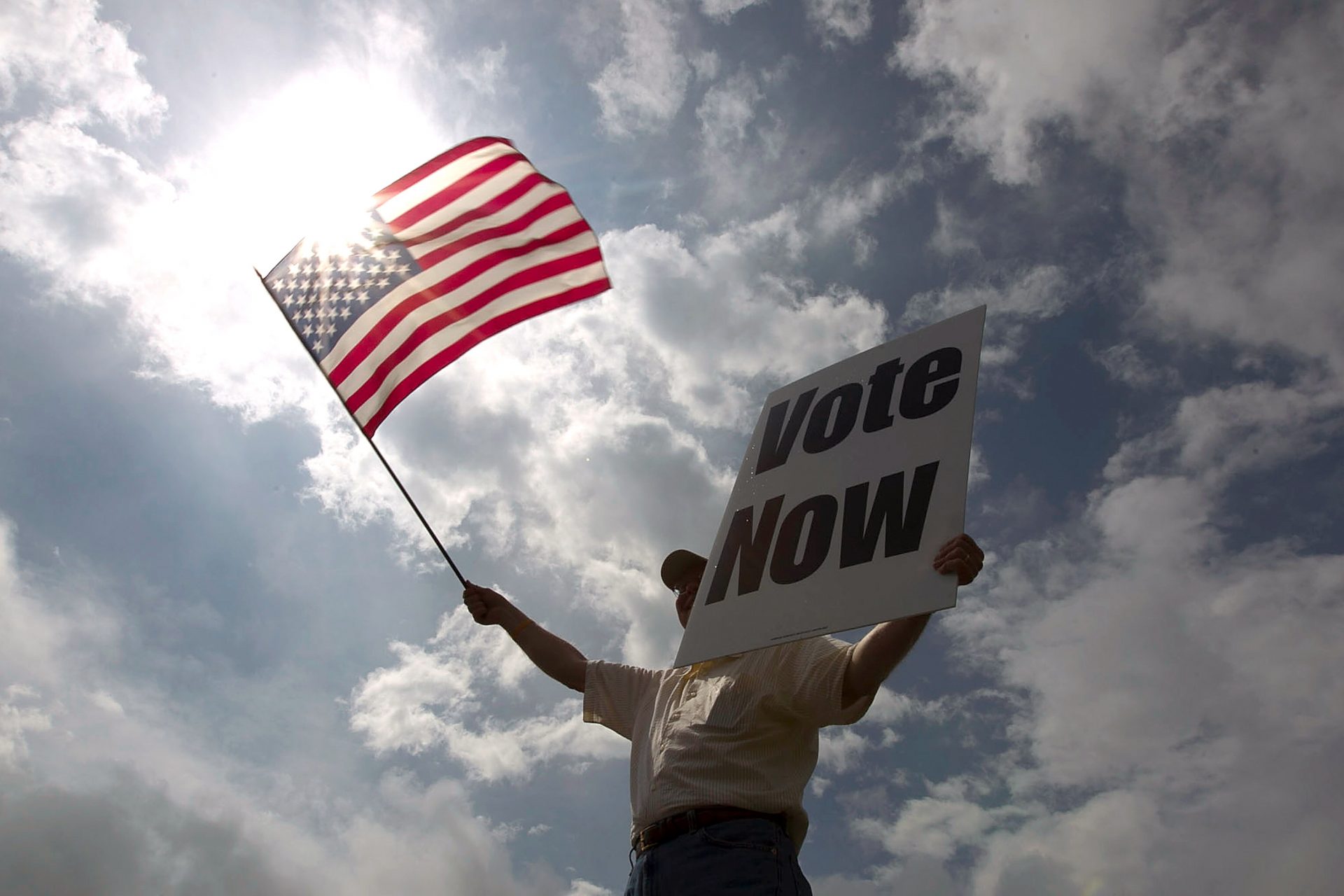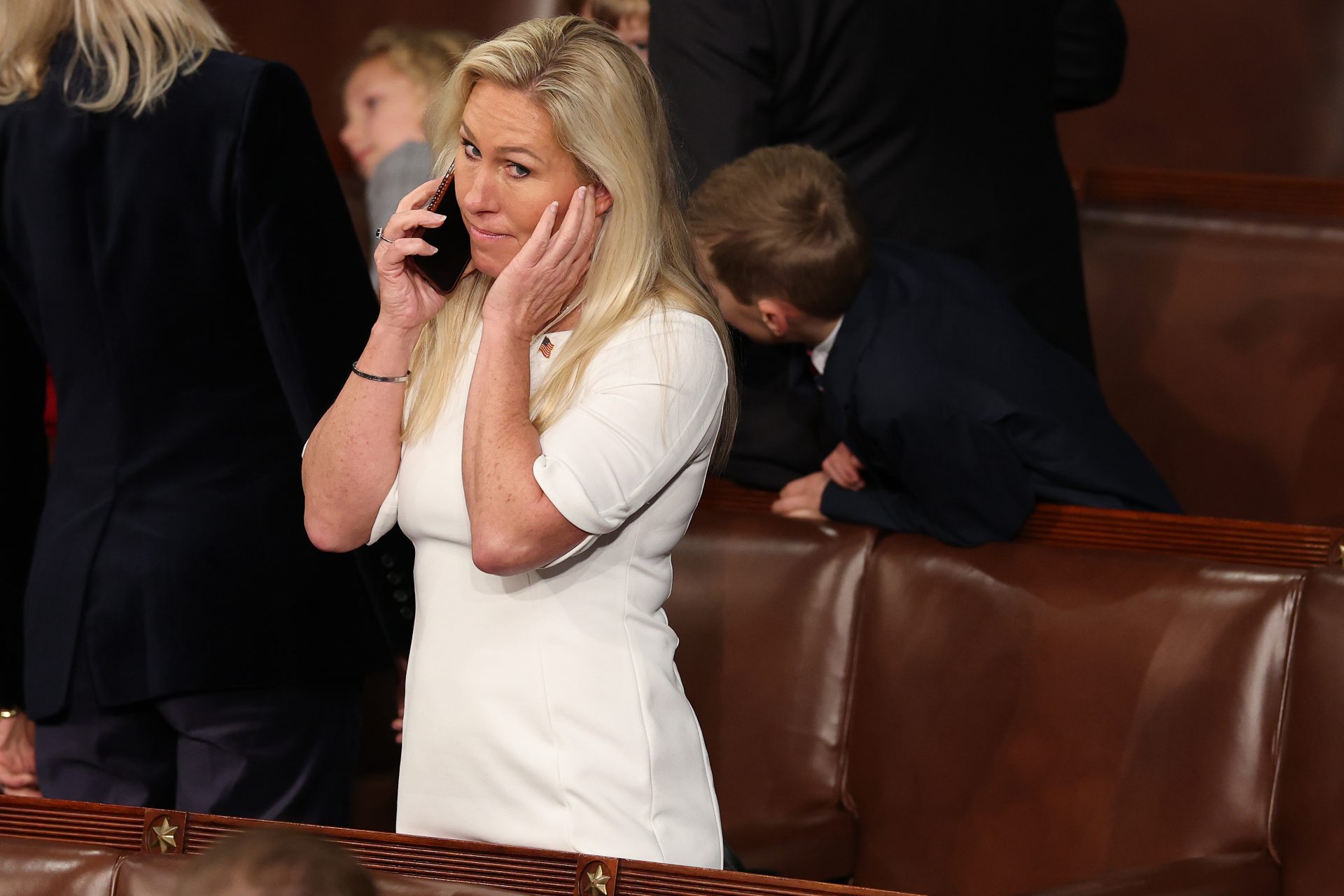An Appeals Court ruling could change voting rights battles across the US
An appeals court in Galveston County, Texas, has issued a ruling that changed the legal battles for voting rights in Texas, Mississippi, and Louisiana and could set a nationwide precedent.
The ruling stated that members of separate minorities cannot join to claim that the redrawing of a voting map affected their power of decision.
That means that when a voting district is redrawn, and a group challenges the new map, the court must consider the power vote of minorities as separate, not joint.
The court reached the verdict while reviewing a new map for county commissioners elections in Galveston. Branches of the NAACP and a Latino rights group challenged the new map, saying that both minorities collectively lost voting power.
A community member told The New York Times that, with the new map, his community now responds to three different commissioners, as it was divided in three.
The newspaper said that before the Galveston district map was redrawn, Black and Hispanic voters were the majority. Now, they have 38%.
Two other courts had sided with the groups, saying that the new map had the only goal of dividing their community into different areas to dilute their votes among white voters.
The associations told the newspaper they could challenge the map on other grounds, like illegal gerrymandering (changing a district map to affect election results). However, the ruling further narrowed the scope of the Voting Rights Act.
The court argued that the Act doesn't say that two minorities can add their voting capacity to claim they lost power after the map changed. It said they should consider their numbers separately.
The ruling is only the latest blow to the 1965 Voting Rights Act. Congress passed it to prevent voting restrictions that disproportionately affected racial minorities.
According to the Times, the ruling can set a precedent nationwide. Section 2 of the Act, which prohibits diluting minority votes by changing maps, is a common argument to challenge district redrawing.
According to the Department of Justice, there have been many legal battles on voting rights in the US since 2013, when the Supreme Court overturned part of the Voting Rights Act.
The 2013 ruling sparked immediate changes in hundreds of district maps that would have been illegal otherwise. It also pushed minorities in each district to challenge each change in slow litigation.
More for you
Top Stories



